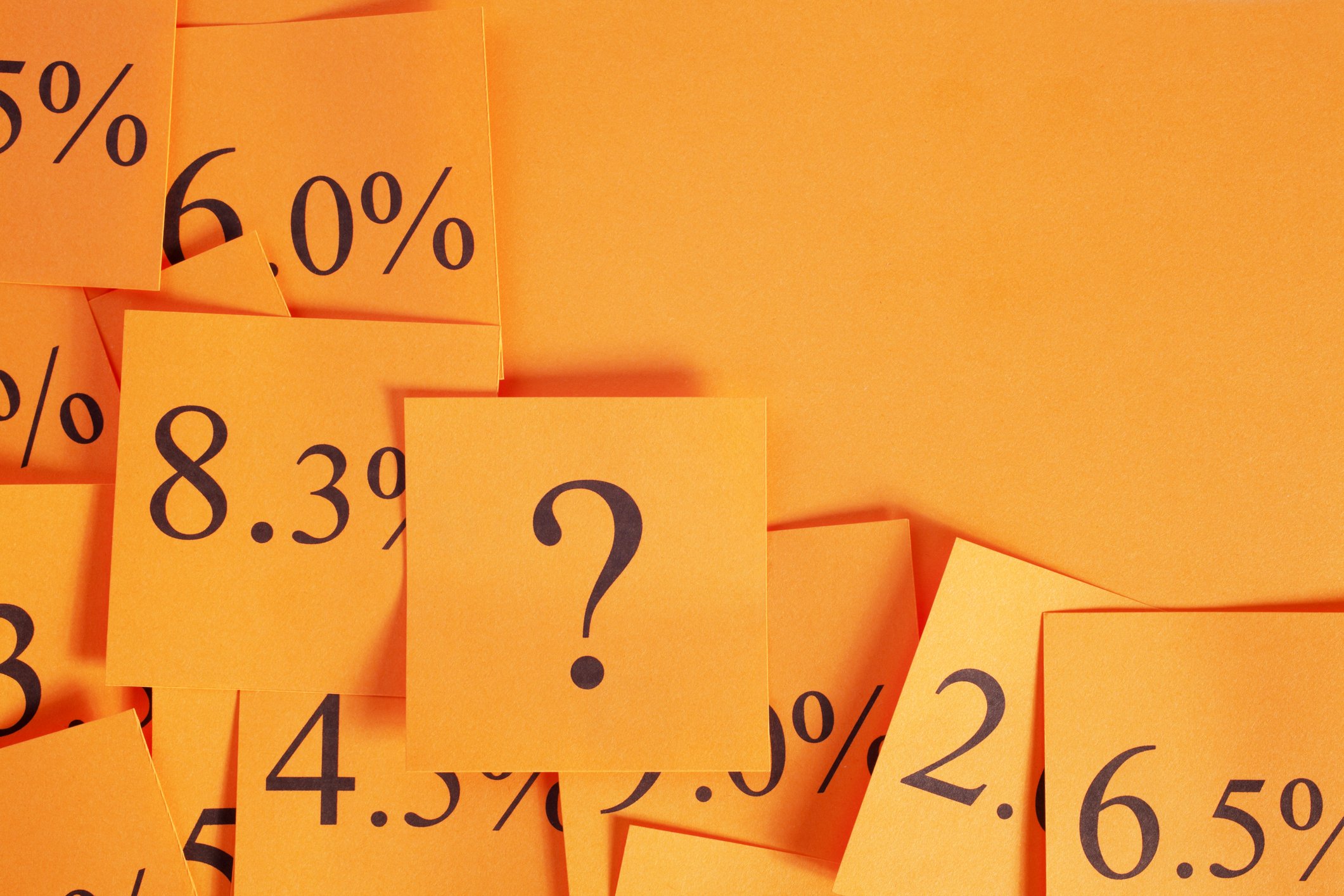Missed a Credit Card Payment? Here’s What Really Happens
Let’s be honest—life gets busy. Whether you forgot the due date or didn’t have enough money in your account, missing a credit card payment can happen to anyone. But what actually happens when you miss it?
If you’re a teen just starting out with credit, it’s super important to know how even one missed payment can affect your finances—now and in the future. Spoiler: it’s more than just a late fee.
This post will break it all down, no judgment—just real talk on what to expect and how to bounce back.
What Counts As A Missed Payment
A payment is considered "missed" if you don’t at least pay the minimum by your due date.
Even if you’re just a day late, that payment is officially late—and the consequences can start quickly.
What Happens Right After You Miss A Payment
1. Late Fees Kick In
Your credit card provider will likely charge a late payment fee—often around £12 to £25. That’s money you could’ve used for literally anything else.
2. You Might Lose Your Grace Period
Normally, if you pay your full balance each month, you don’t pay interest on purchases. But once you miss a payment, that interest-free period could vanish. That means you’ll start paying interest on new purchases right away.
3. Interest Adds Up
If you didn’t pay off your balance, you’ll now be charged interest on what you owe. And credit card interest isn’t cheap—it can be 20% or more per year.
4. Your Credit Score Could Take a Hit
If your payment is 30+ days late, the card company can report it to credit agencies, which can lower your credit score. Even just one late payment can stay on your credit report for up to six years.
Tip: Your credit score might not seem important now, but one day it’ll affect things like getting a car, a flat, or even a phone contract.
5. Higher Interest Rates in the Future
Some lenders increase your APR (interest rate) after a missed payment—making future borrowing even more expensive.
What If You Miss More Than One Payment
Missing a single payment is bad. But missing multiple payments in a row can lead to:
More late fees
Higher debt
Serious credit score damage
Your account possibly being frozen or sent to collections
It can spiral fast. That’s why it’s so important to act quickly, even after just one miss.
What To Do If You Miss A Payment
So, it happened. No panic—here’s how to fix it:
1. Pay ASAP
Even if you're a few days late, paying right away can reduce the damage. The sooner you pay, the better.
2. Call Your Credit Card Company
If it’s your first missed payment, they may waive the fee if you ask nicely—especially if you’ve been a good customer so far.
3. Set Up Automatic Payments
To avoid it happening again, set up autopay for the minimum amount or reminders on your phone.
4. Check Your Credit Report
If the payment was more than 30 days late, it might show up on your report. Knowing where you stand helps you build back smarter.
Final Thought
Missing a credit card payment doesn’t mean your financial life is over—but it is a wake-up call. It can cost you money, damage your credit, and make future borrowing harder.
The key? Pay on time, even if it’s just the minimum, and don’t be afraid to ask for help if you fall behind.
Taking control now—while you’re young—sets you up for smarter, stronger financial choices in the future. Learn from the slip, fix it fast, and keep moving forward.
If you use it responsibly, a student credit card could help you manage your money while you’re at college or university. It’s also a way to start building up a good credit score. Read our guide on what you need to know before you apply.










